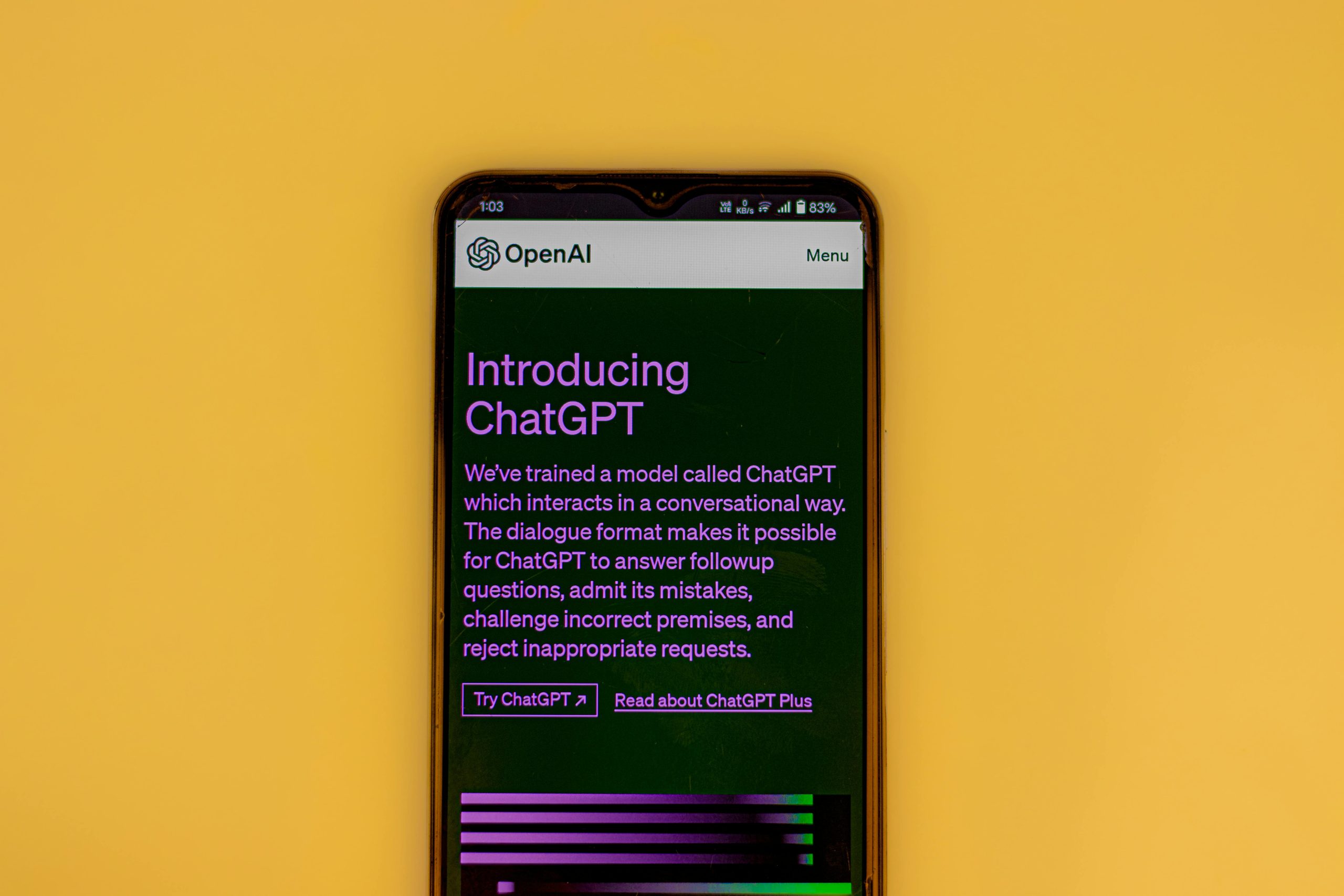503 errors all the time with Gemini 2.5 Flash & Flash LLite
Understanding and Troubleshooting Persistent 503 Errors with Gemini 2.5 Flash & Flash LLite APIs
If you are working with Gemini 2.5 Flash or Flash LLite APIs, encountering frequent 503 Service Unavailable errors can be a significant obstacle to your projects. This article aims to explore possible causes behind these errors and offers practical strategies to mitigate their occurrence, ensuring smoother integration and more reliable performance.
Common Causes of 503 Errors in API Integrations
A 503 error typically indicates that the API server is temporarily unable to handle the request, often due to overload or maintenance. In the context of using Gemini 2.5 Flash and Flash LLite, users have reported experiencing such errors approximately every 50 API calls, accompanied by messages indicating that the “model is overloaded.”
Potential factors contributing to these errors include:
-
Payload Size: Sending excessively large data payloads could strain the server, leading to a 503 response. It’s essential to analyze whether the data sent per request aligns with the API’s recommended limits.
-
Rate of Requests: Making API calls in rapid succession without sufficient delays might overwhelm the server, especially if the API has rate limiting policies. The interval between requests can be critical.
-
Server Load and Maintenance: External factors such as server load spikes or scheduled maintenance can cause temporary unavailability, manifesting as consistent 503 errors.
Strategies to Reduce 503 Errors
While encountering such issues can be frustrating, several approaches can help improve stability and reduce error frequency:
-
Optimize Payload Size: Review the data being sent in each API request. Reduce payload size where possible, perhaps by batching data or trimming unnecessary information.
-
Adjust Request Timing: Introduce appropriate delays between API calls. Implementing backoff strategies or time intervals greater than the default can prevent overwhelming the server.
-
Implement Robust Retry Logic: Although simple retries may not always resolve the problem, incorporating exponential backoff and jitter can help in managing transient overloads more effectively.
-
Monitor and Log Requests: Keep detailed logs of API interactions to identify patterns correlating request frequency or size with errors. This data can inform targeted adjustments.
Dealing with Persistent Issues in Custom Applications
Many developers leveraging the Gemini API for tasks such as building ReACT agents have found these errors to hinder usability significantly. Notably, retries often do not resolve the problem, which may lead to questions about the correctness of the implementation.
If you find yourself in this situation, consider:
- **Review














Post Comment